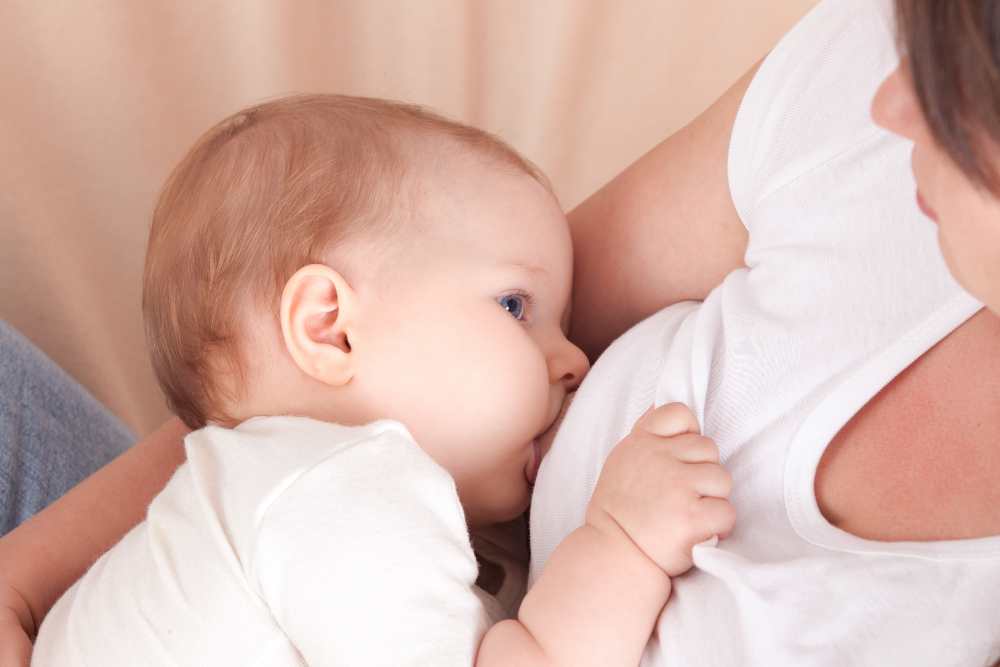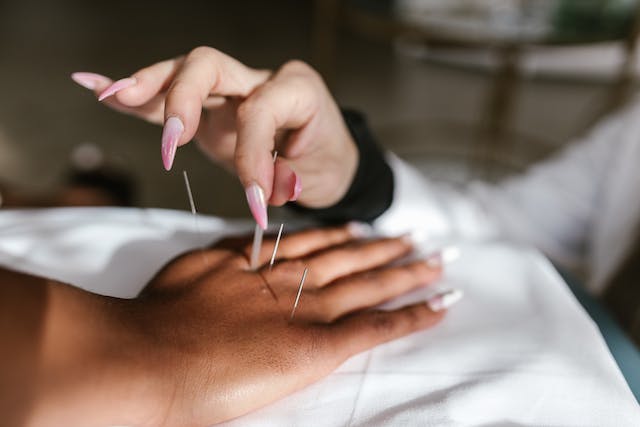Introduction:
Many women today are choosing to start families later in life, often due to various personal
and professional reasons.
As a result, the question of fertility and pregnancy at the age of 35 has become a common
concern.
In this article, we will explore the topic and shed light on the factors that affect a 35-year-old
woman’s chances of getting pregnant easily.
So, if you’re a 35-year-old considering starting a family or simply curious about the subject,
read on to gain a better understanding.
Understanding Fertility and Age:
Declining Fertility with Age: As women age, their fertility naturally declines.
This is primarily due to a decrease in the quantity and quality of eggs in the ovaries.
By the age of 35, a woman’s ovarian reserve (the number of eggs remaining) starts to
diminish significantly.
However, it’s important to note that every woman is unique, and fertility can vary from
person to person.
Impact of Aging on Egg Quality:
Alongside a decline in quantity, the quality of eggs also diminishes with age.
This can make it more challenging for a 35-year-old woman to conceive compared to
someone in her 20s.
The likelihood of chromosomal abnormalities and genetic conditions in the fetus also
increases with maternal age.
Factors Influencing Pregnancy Success:
Health and Lifestyle Factors: A woman’s overall health plays a vital role in her fertility.
Maintaining a healthy weight, eating a balanced diet, regular exercise, and avoiding smoking
and excessive alcohol consumption can positively impact fertility.
A preconception check-up with a healthcare professional can identify any underlying health
issues that may affect pregnancy.
Timing of Intercourse:
Understanding the menstrual cycle and ovulation is crucial when trying to conceive.
Tracking ovulation using methods such as charting basal body temperature, monitoring
cervical mucus, or using ovulation predictor kits can help increase the chances of pregnancy.
Having regular, unprotected intercourse during the fertile window significantly improves
the likelihood of conception.
Seeking Medical Assistance:
If a 35-year-old woman has been trying to conceive for several months without success,
it may be beneficial to consult a fertility specialist.
They can perform fertility tests to assess ovarian reserve, evaluate hormone levels, and
check for any underlying conditions that may affect fertility.
Medical interventions such as fertility drugs, intrauterine insemination (IUI), or in vitro
fertilization (IVF) may be recommended depending on the individual’s circumstances.
Conclusion:
While it may be more challenging for a 35-year-old woman to get pregnant easily compared
to someone younger, it is certainly possible.
Understanding the impact of age on fertility, maintaining a healthy lifestyle, tracking ovulation,
and seeking medical guidance when necessary can increase the chances of successful
conception.
Remember, every individual’s fertility journey is unique, and it’s important to approach the
process with patience, positivity, and professional support.









